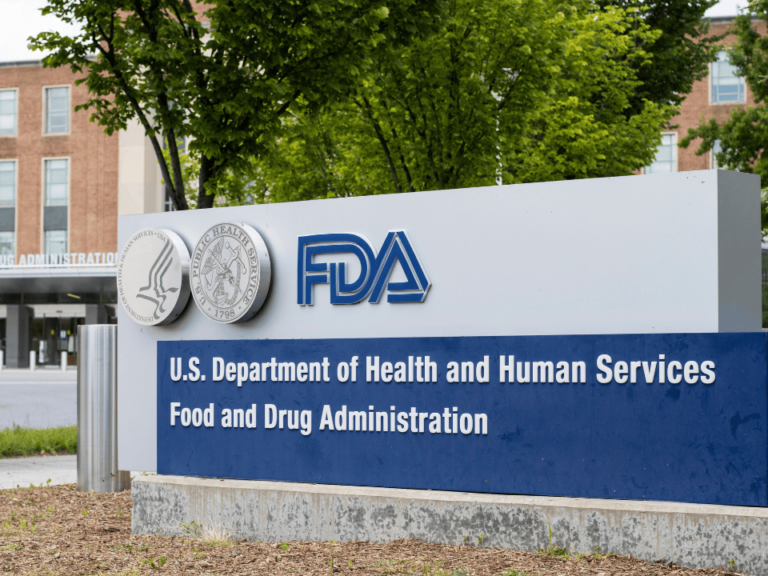Here is an update on the FDA effort to cull the backlog of what the agency has colorfully dubbed the “dangling indications” of cancer drugs: two indications taken off the market by sponsors; one facing an uncertain future.
For those who need a quick brush-up on regulatory terminology, a dangling indication is an indication that has hit the market with an accelerated approval, but the sponsor hasn’t been able to demonstrate patient benefit in confirmatory trials.
The agency began its review of these danglers in late 2020, focusing on drugs targeting the PD-1/PD-L1 proteins. The examination has recently expanded to other categories of drugs.
To access this subscriber-only content please log in or subscribe.
If your institution has a site license, log in with IP-login or register for a sponsored account.*
*Not all site licenses are enrolled in sponsored accounts.
Login Subscribe
If your institution has a site license, log in with IP-login or register for a sponsored account.*
*Not all site licenses are enrolled in sponsored accounts.
Login Subscribe








